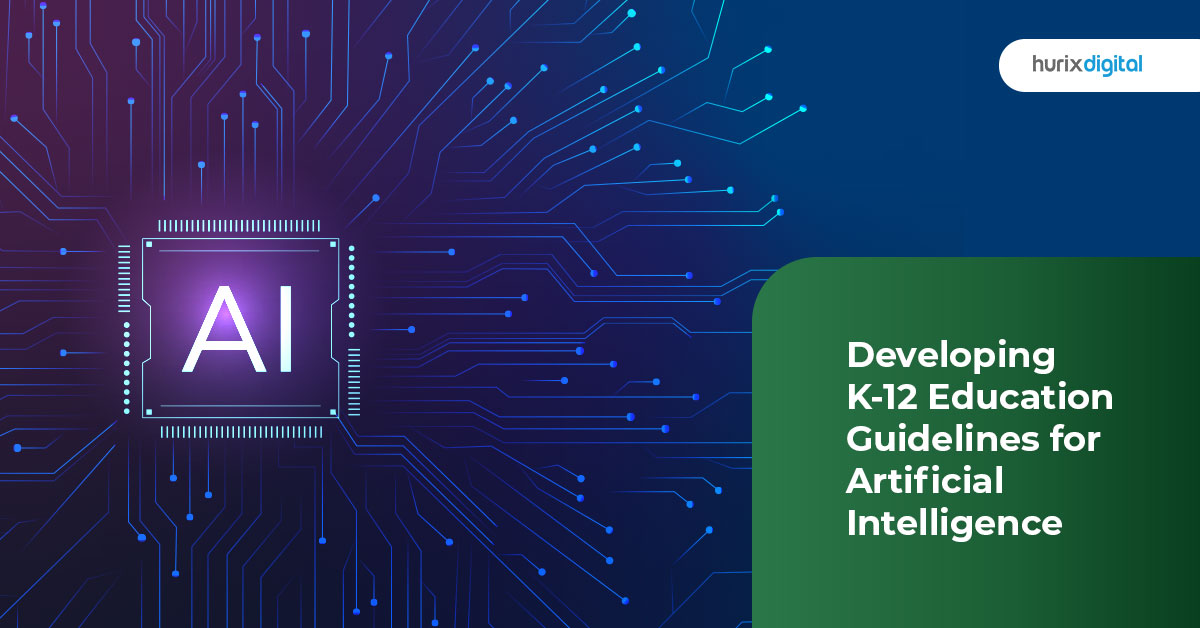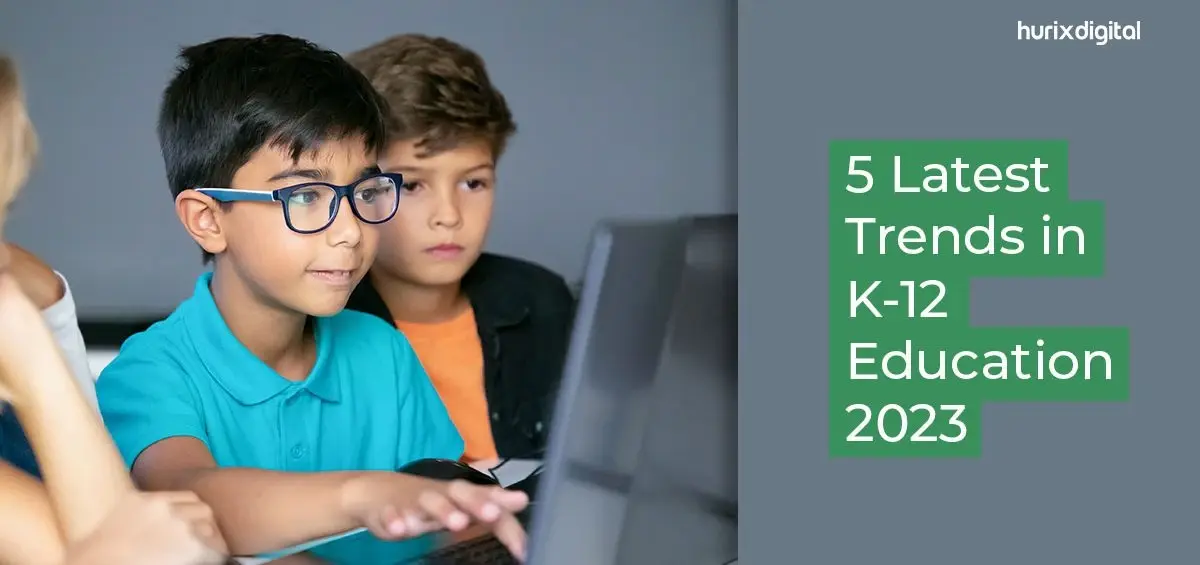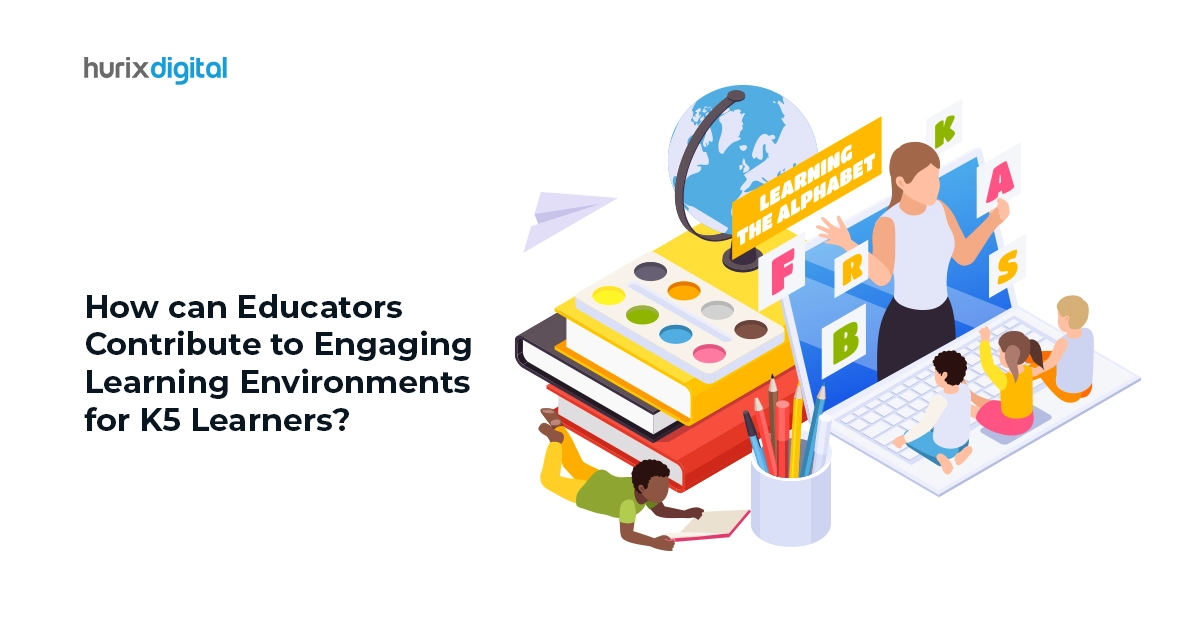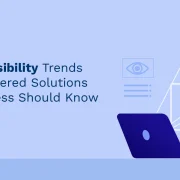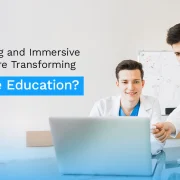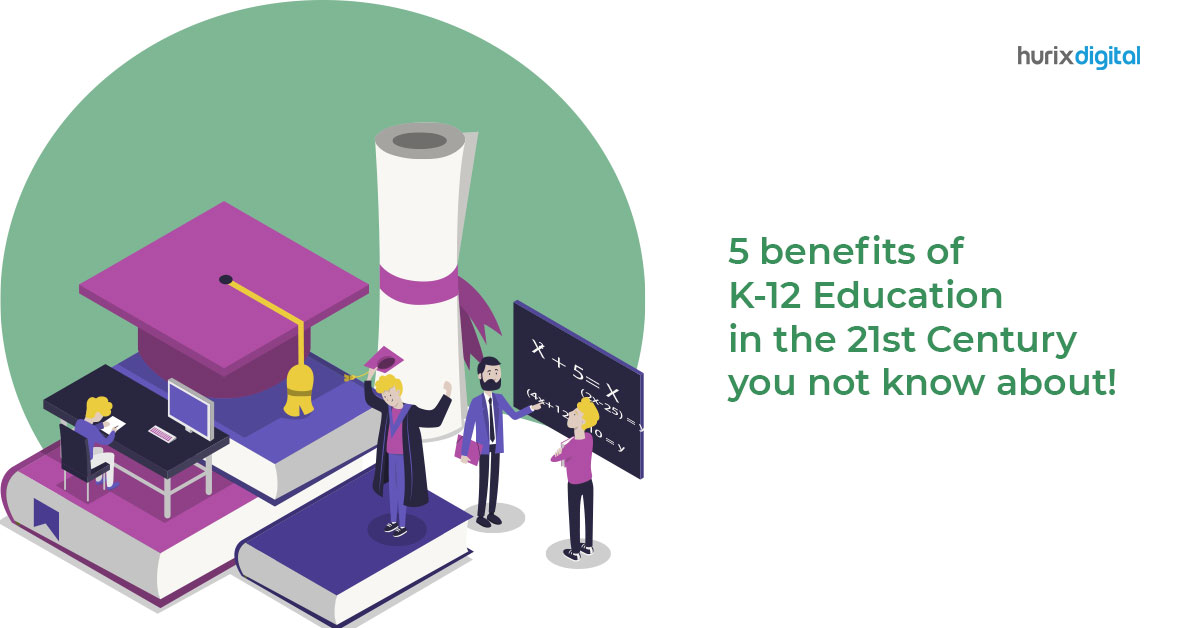
5 Benefits of K-12 Education in the 21st Century
The K-12 education system has witnessed immense development, especially since the COVID-19 pandemic. As a result, the approach to teaching has become more personalized and learner-centric, showcasing the evolving benefits of K-12 education. Technologies used to enhance the educational experience have also taken several leaps forward, making learning more accessible and effective.
These factors have created an education system highly beneficial for students and teachers alike while making the K12 curriculum more comprehensive with every passing year.
This guide will dive into the five key benefits the K-12 education system offers in the 21st century.
Table of Contents:
- Five Major Benefits of K-12 Education
1. Builds a Strong Foundation
2. Makes High-Quality Education Accessible to All
3. Helps Master Social Skills
4. Helps Become Technologically Proficient
5. Prepares Students for A Competitive International Job Market - In Conclusion
- Frequently Asked Questions (FAQs)
5 Major Benefits of K-12 Education
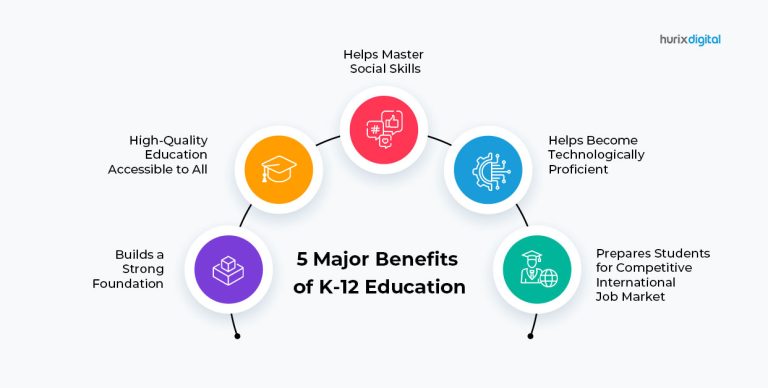
While the advances in K-12 education offer several benefits, some particularly stand out in making this an effective system of education –
1. Builds a Strong Foundation
The K-12 system strengthens students’ foundation in crucial subjects and skills, including math, science, language, and social sciences. K-12 education also helps students master basic skills like reading and writing, which are crucial in attaining higher education and the job market.
Apart from academic and professional skills, K-12 education motivates students to become independent. Math, for instance, isn’t restricted to textbooks and theory; having a strong foundation in the subject can help students create effective budgets, manage their taxes, and make the right investments.
Mastering the basics is required to progress in any subject and build a strong foundation. With new education technologies, teachers can help students practice the necessary skills according to their individual needs so that no student gets left behind.
2. Makes High-Quality Education Accessible to All
Another crucial benefit of advances in K-12 education is that it makes education more accessible. Students often face various financial, logistical, or health-related constraints that prevent them from accessing the classroom. Since the pandemic, the K-12 system has ensured that students all over the US can access good-quality education.
Alongside several curriculum developments, students with disabilities can now access screen reader-friendly E-learning websites to make the most of their K-12 education. While this field requires more attention and action, with E-learning going online, you’ll be surprised to know that the market for the K-12 education sector is set to grow to $60.03 billion by 2023.
With such immense growth, there will be a far greater emphasis on ensuring that education is made more accessible and that investments in the education sector grow significantly.
3. Helps Master Social Skills
K-12 education is significant for social development. By interacting with each other socially, students develop strong collaboration and communication skills that will help them in the future.
Students also engage with each other intellectually and can network to create space for themselves in an increasingly competitive job market. Interacting with other students and teachers also helps younger students discover role models to look up to and learn from.
Greater access to the internet has increased connectivity and the opportunity to network with those around you. Not being able to communicate your needs or strengths with others can lead to difficulties in your career and higher education settings, reinforcing the need for strong social skills.
Innovative K-12 curricula have been able to foster collaboration. For example, a new form of learning known as three-dimensional classes tasks students to collaborate on building models or completing puzzles. To succeed, students must combine their strengths and learnings and work together to find a solution.
4. Helps Become Technologically Proficient
The increased penetration of technology in our day-to-day lives and its role in the professional sphere make it crucial that students finish their K-12 education with the ability to adapt to new technologies.
Technology offers access to information and knowledge and presents the opportunity to learn new skills. For instance, the news industry has seen several changes over the years. Earlier, one could get away with being a good writer while being accompanied by a camera person to handle the videography. However, today, graduates entering the industry are expected to be able to write, speak well, record their piece-to-cameras, and edit them.
K-12 education is already making progress in preparing its students for the future. For example, 58% of participants in a survey confessed that they feel more confident about technology in education and online tools than ever before.
5. Prepares Students for A Competitive International Job Market
Lastly, a good education in the K-12 system prepares students for a competitive job market. The skills that one learns, along with the focus on creativity, innovation, and free-thinking, make for students who can offer something of value wherever they go, with the acumen to succeed at something new.
Furthermore, the diverse student body aids students in learning to interact better with people from all walks of life, further strengthening the much-needed collaborative skills employers look for these days.
High school graduates of the K-12 system are also equipped to learn new skills and pick up new concepts should they change their career path from the electives they chose while in school. Along with the fact that an education in the K-12 system is highly recognized and opens many doors in the market, it gives students the environment they need to succeed in their professional careers.
In Conclusion
Education is more than memorizing concepts and passing examinations. A good education equips students with critical thinking, collaborative, and technological skills needed to deal with all aspects of life, from their finances and career to their social lives and personal well-being.
The benefits of an education in the K-12 system are many, as you can see from the points mentioned above. More students are expected to reap these benefits as schools and governments invest more in the system and up-to-date technologies. Here are some of the best K-12 companies investing in their students’ growth.
With Hurix Digital‘s K-12 content solutions, schools are equipped with the technology and platform to provide students with a holistic learning experience.
Related Read:
- 7 Best Education Tech (EdTech) Companies for K-12 Institutes in 2023
- A Throwback to the Scalability of K-12 Education in the Last 5 Years
- Top 21 K-12 Education Statistics 2023
Frequently Asked Questions (FAQs)
Q1. What are the key benefits of the K-12 education system?
A1. The K-12 education system offers several key benefits, including building a strong foundation in crucial subjects and skills, making high-quality education accessible to all, helping student’s master social skills, developing technological proficiency, and preparing students for a competitive international job market.
Q2. How does the K-12 education system build a strong foundation?
A2. The K-12 education system strengthens students’ foundation in subjects like math, science, language, and social sciences. It helps those master basic skills such as reading, writing, and independent learning.
Q3. What makes high-quality education accessible through the K-12 system?
A3. The advances in K-12 education have made education more accessible for students facing financial, logistical, or health-related constraints. The system ensures that students all over the US can access good-quality education, and the growth of online learning platforms contributes to this accessibility.
Q4. How does the K-12 education system help student’s master social skills?
A4. K-12 education plays a significant role in the social development of students. Through interactions with peers and teachers, students develop collaboration, communication, and networking skills.
Q5. How does the K-12 education system prepare students for a competitive international job market?
A5. The K-12 education system focuses on developing skills such as creativity, innovation, critical thinking, and free-thinking. It provides students with a diverse learning environment that enhances their collaborative skills and prepares them to interact effectively with people from different backgrounds.



